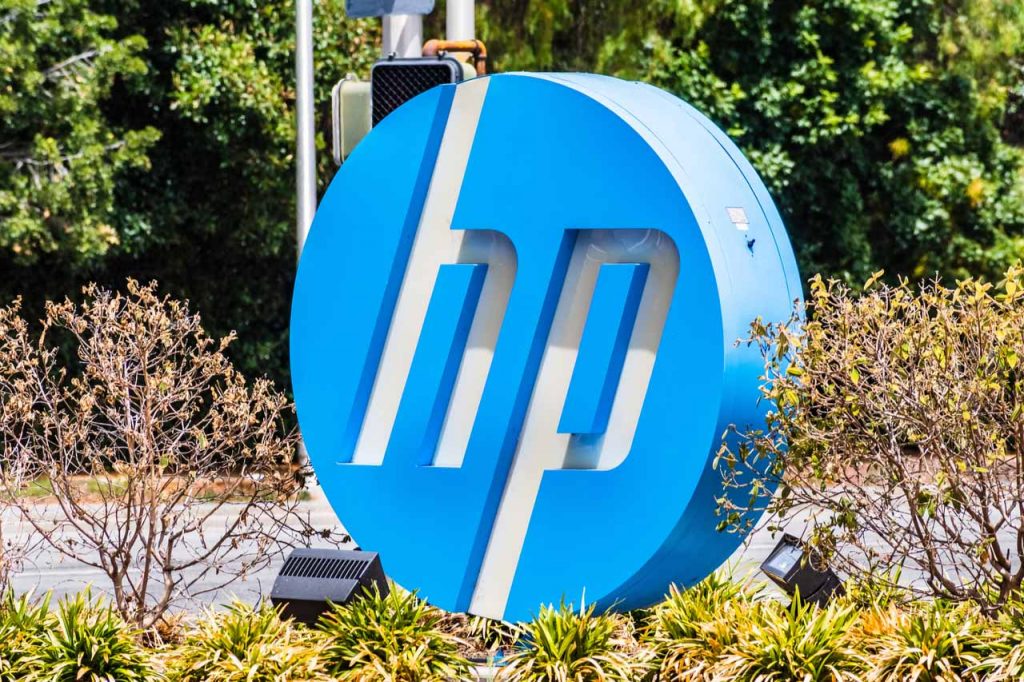
HP has used more than 1 million pounds of ocean-bound plastic across a range of products. | Sundry Photography/Shutterstock
UL has certified that resins used by technology company HP contain scrap plastic that was at risk of entering the Caribbean Sea.
UL, a global certification company headquartered in Illinois, certified that five resins used in HP electronics contain scrap plastic from Haiti at risk of entering the marine environment. The resins have between 5% and 99% recycled content, according to a press release.
“We recognize the importance of third-party validation in bringing recycled content claims to market,” Ellen Jackowski, global head of sustainability strategy and innovation at HP, stated in the release. “Validation to UL’s recycled content Standard helps ensure we are transitioning to a circular economy reliably and transparently, while creating a positive social impact for plastic collector communities.”
It was the first time UL had validated the recycled content of plastics streams under its recently updated UL 2809 Environmental Claim Validation Procedure (ECVP) for Recycled Content Standard. The standard was updated to include assessments of the social impacts of collecting ocean-bound and ocean-sourced plastics, among other types of plastic, the release states.
Separately, HP announced its ZBook Create mobile workstation and ZBook Studio notebook are now made with ocean-bound plastic. Earlier this year, HP announced that its HP Elite Dragonfly laptop has ocean-bound plastics in it.
The company committed to using ocean-bound plastic in all new HP Elite and HP Pro computers launching this year.
Last year, HP invested $2 million in a wash line in Haiti. At the time, a company executive provided Plastics Recycling Update with more details on the supply chain.
All told, HP has used more than 1 million pounds of ocean-bound plastic.
More stories about brand owners
- Ellen MacArthur Foundation sets 2030 plastics agenda
- Retailers launch CA campaign to ditch single-use bags
- New report explores the future of CPG packaging goals